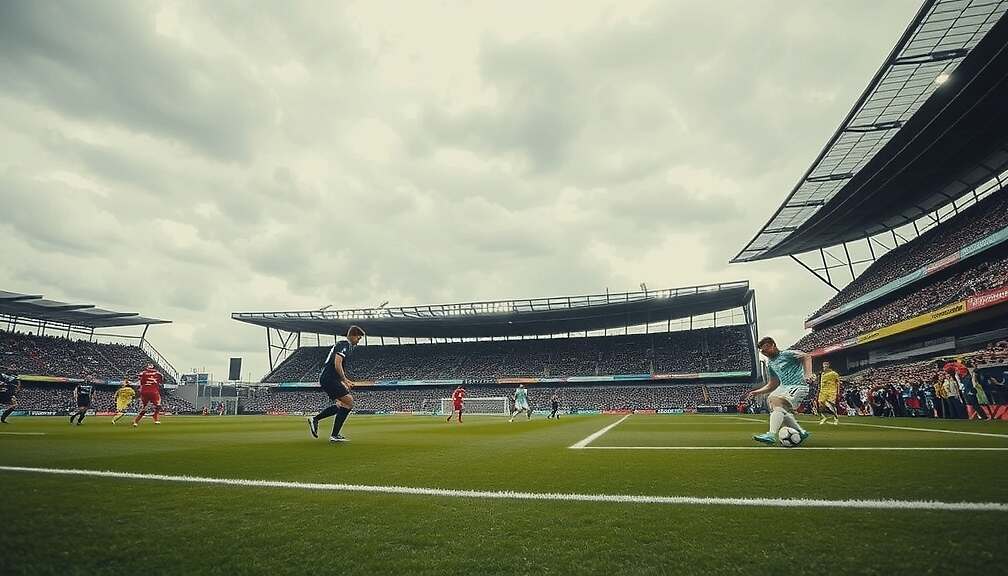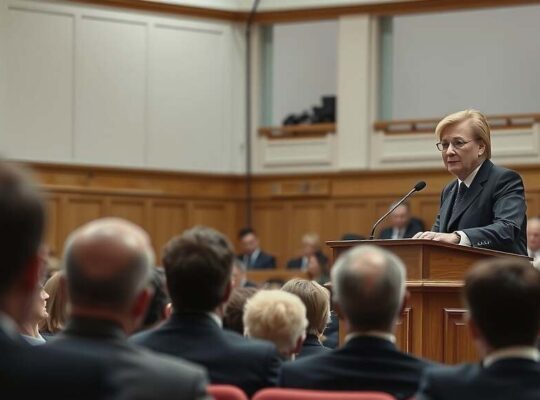The dramatic late goal secured by Werder Bremen against VfL Wolfsburg has ignited a fresh wave of scrutiny regarding Wolfsburg’s tactical rigidity and Werder’s resilient fightback, placing the broader implications of both teams’ performances under the political lens of Bundesliga standings and managerial pressure. Bremen’s victory, achieved via a stunning volley in the fourth minute of added time by Samuel Mbangula, propelled them to seventh place while leaving Wolfsburg languishing in twelfth.
The match itself showcased a stark contrast in approaches. Werder Bremen, displaying early initiative, were initially thwarted by Wolfsburg’s compact defense and goalkeeper Grabara. However, a swift counter-attack in the 28th minute allowed Mattias Svanberg to exploit a defensive lapse and put Wolfsburg ahead. Beyond that moment, Wolfsburg’s strategy appeared overly reliant on maintaining a lead through passive play, a tactic that increasingly stifled their attacking potential and invited pressure.
The second half saw an intensified Bremen assault, characterized by a barrage of aerial balls and set pieces – a clear indication of the hosts’ desperation to breach Wolfsburg’s now increasingly hesitant defense. Jens Stage’s equalizer, a headed effort following a precise cross from Sugawara, signaled a shift in momentum and exposed vulnerabilities within Wolfsburg’s game plan. The reliance on a defensive structure that failed to adapt has led commentators to question whether manager Niko Kovac possesses the tactical flexibility to address the team’s current predicament.
The late winner provided a palpable boost for Werder, emphasizing a historical tendency to overturn deficits against Wolfsburg, but it also highlighted a troubling consistency in Wolfsburg’s inability to close out games. Beyond the immediate sporting implications, this recurring theme raises questions about the club’s overall strategy and the pressure mounted on the management to deliver consistent results. While Bremen’s victory is a testament to their unwavering spirit, Wolfsburg’s performance serves as a cautionary tale about the dangers of tactical inflexibility in the demanding landscape of the Bundesliga.












